Can a Solar Generator Power a House?
Yes, a solar generator can power a house. But it depends on your energy needs and the generating capacity. Some even use it in case of an emergency. Others employ it as a full-time off-grid. Solar generators are highly specialized today, more powerful, portable, and easy to use.
In case you prefer a cleaner alternative to keeping an outage at bay, a solar generator is not a bad idea. It stores the sunlight in batteries and provides you with energy whenever you require power. In this guide, we will discuss the working principle of solar generators, the size that suits you, and how to select the most suitable one for your home.
How Do I Power My House with a Solar Generator?
The operation of a solar generator is by gathering solar energy. This energy is stored in a battery. The generator later transfers that to your devices when your house requires electricity.
Attach solar panels to the generator to use one. The panels soak up sunlight and charge the battery. Then, plug your home devices into the generator. Even some generators are attached to the electric panel of your home. This allows them to energize your lights, fridge, fans, and others.
Many solar generators have USB ports, AC outlets, and fast charging. They’re quiet and clean. Best of all, they do not require gas. They will automatically operate whenever power is required once you install them.
What Size Solar Generator Do You Need to Power a Whole House?
The size of your solar generator directly relates to your electricity needs. Before choosing the right-sized one, it is recommended to calculate the total load of your home first to determine the minimum required output and storage.
Start by making a list of essential devices you plan to run and their individual power ratings. For example:
| Appliance | Power Rating (W) | Hours Used Daily | Daily Consumption (Wh) |
| Refrigerator | 200 W | 10 hrs | 2,000 Wh |
| LED Lighting | 60 W | 5 hrs | 300 Wh |
| Wi-Fi Router | 20 W | 24 hrs | 480 Wh |
| TV | 100 W | 4 hrs | 400 Wh |
| Microwave | 1,000 W | 0.5 hr | 500 Wh |
| Total | ~3,680 Wh/day |
To meet peak energy demands without overloading, you'll need a solar generator with a minimum storage capacity of 3,680Wh and an output rating between 3,000W and 3,600W.
For example, the Aferiy P310 delivers 3600W of output and a 3840Wh battery capacity, which is more than enough to power essentials like a refrigerator, microwave, lighting, and entertainment systems during outages or off-grid living.

How to Choose the Best Whole House Solar Generator
After estimating your power requirements, choosing the right solar generator for home becomes much easier. Below are key factors to consider before buying:
1.Battery Capacity (Wh)
The battery capacity means the amount of energy that can be stored in a battery, which is measured in kilowatt-hours (kWh). This indicates how long the generator can keep your devices running on a single charge.
2.Output Power (W)
This determines the power of electrical appliances that it can supply and the maximum number of devices that can operate simultaneously.
3.Recharge Time & Input Options
The charging method and speed are also key factors you should consider. Solar generators can usually be recharged through solar panels, standard AC wall plugs, or car outlets.
4.Home's Energy Consumption Needs
This refers to the total amount of electricity used by equipment in a household and the peak demand. The energy consumption and demand of a household depend on the quantity, type, and power of electrical appliances, as well as the lifestyle and habits of the occupants.
5.Environmental Conditions and Peak Sunshine Hours
Refers to the amount and intensity of sunlight that a solar generator can collect and convert into electricity. Environmental conditions and maximum sunshine duration vary depending on location, season, and weather.
Let's take the Aferiy P210 as an example. This solar generator offers a strong mix of performance and portability. With 2400W output and 2048Wh of storage, it can power most household essentials while it is compact enough to carry everywhere.
3 Best Whole House Solar Generators
Let’s look at three of the best solar generators for home use. Each one fits different needs and budgets. Whether you want power for emergencies or full-day use, these portable power stations are solid choices.
P210 Portable Power Station
The Aferiy P210 is a powerful yet portable small power station. It has a 2400-watt output and 2048-watt-hour storage. That can power lights, laptops, and a small fridge.
This model is great for quick setup. It’s easy to move and doesn’t take up much space. Use it during blackouts or while camping. It charges fast and lasts for hours on a single charge.
If you want a good balance of power and portability, this model is worth it.
P310 Portable Power Station
The Aferiy P310 is the strongest of the three. This 3600W generator gives you massive power and battery life. It’s ideal for big homes or high-energy needs.
With 3600 watts of power and 3840 watts of storage, you can run almost anything. It handles fridges, microwaves, TVs, and even small AC units.
This is a great pick if you want a whole-home backup or live off-grid. It may be heavier, but the power it delivers is unmatched.
P110-D Portable Power Station
If you live in a small home or just want to power a few things, the Aferiy P110-D is a smart choice. This 1200W power station is small but reliable.
It provides you with 1200 watts and 960 watt-hours. That can charge phones, fans, lights, and even a small TV.
This model is great for students, small apartments, or light emergency use. It’s compact and charges fast. If you need simple, clean power on the go, this one gets the job done.

Can I Save Money by Using a Solar Generator?
This is true, a solar generator can save you money in the long term. As opposed to gas generators, solar cells do not use fuel. You don’t pay for sunlight. Once you buy the system, your energy is free.
You also save on maintenance. No engine and no fuel to think of. Solar generators are noise-free, clean, and longer-lived than conventional ones.
You are going to save a lot of money quicker when you live in a sun-rich region or frequent outages. There is no need to be concerned about a lack of fuel. Whenever you want to use backup power, you will have it.
Additionally, most individuals feel assured that aside from blackouts, their homes are secure and able to run. That is enough to pay for it.
Final Thoughts
In short, yes, it is possible to run a house with a solar generator. The point is first to select the appropriate size and model that suits you. A 1200w power station will be as quiet and clean as energy, as well as a 3600w generator.
The low-end version would be like the P110-D. The P210 is a cheap way of getting more power. In case you want the coverage of your entire home, the P310 will work best.
Solar generators will be peaceful; they will save you some money, and they will also keep your home out of any outage. There is no better time to remain charged with the right solar generator.
Read more:
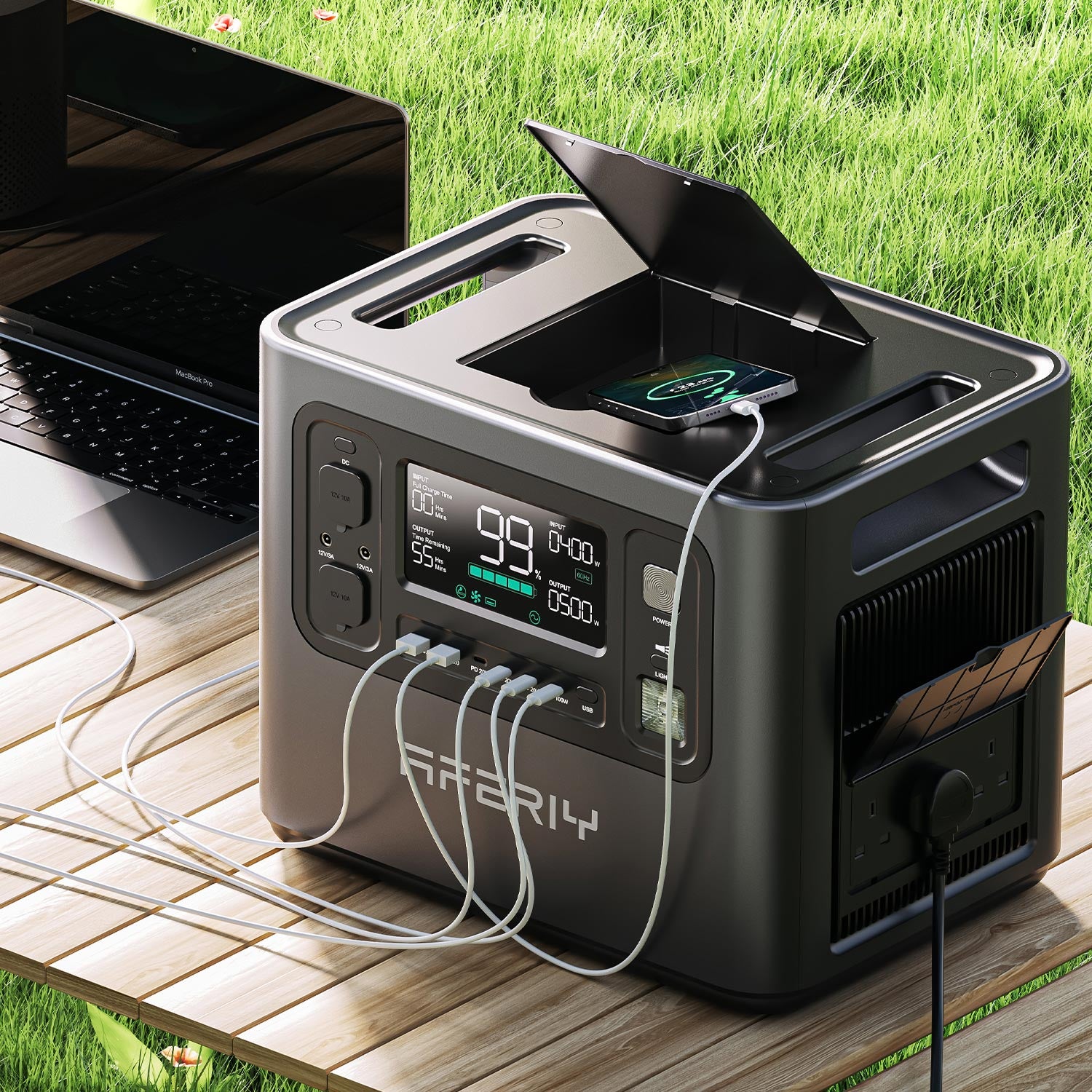
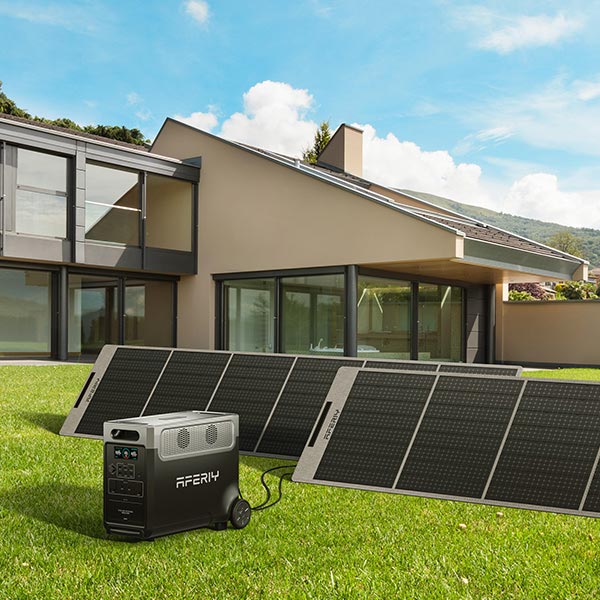
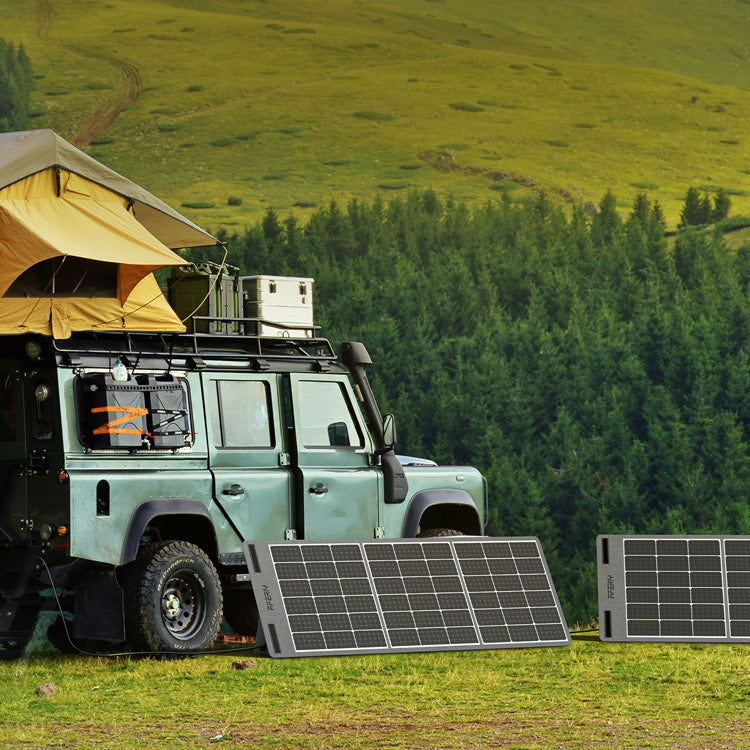
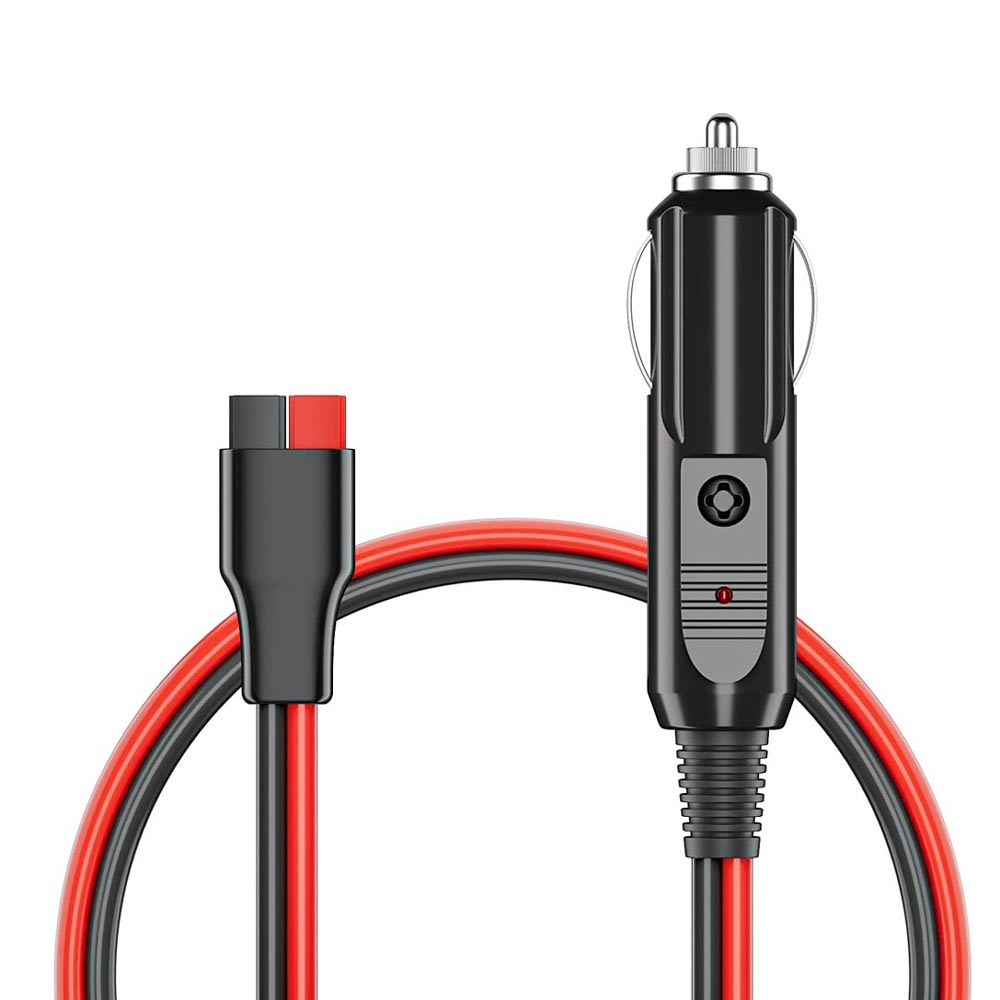
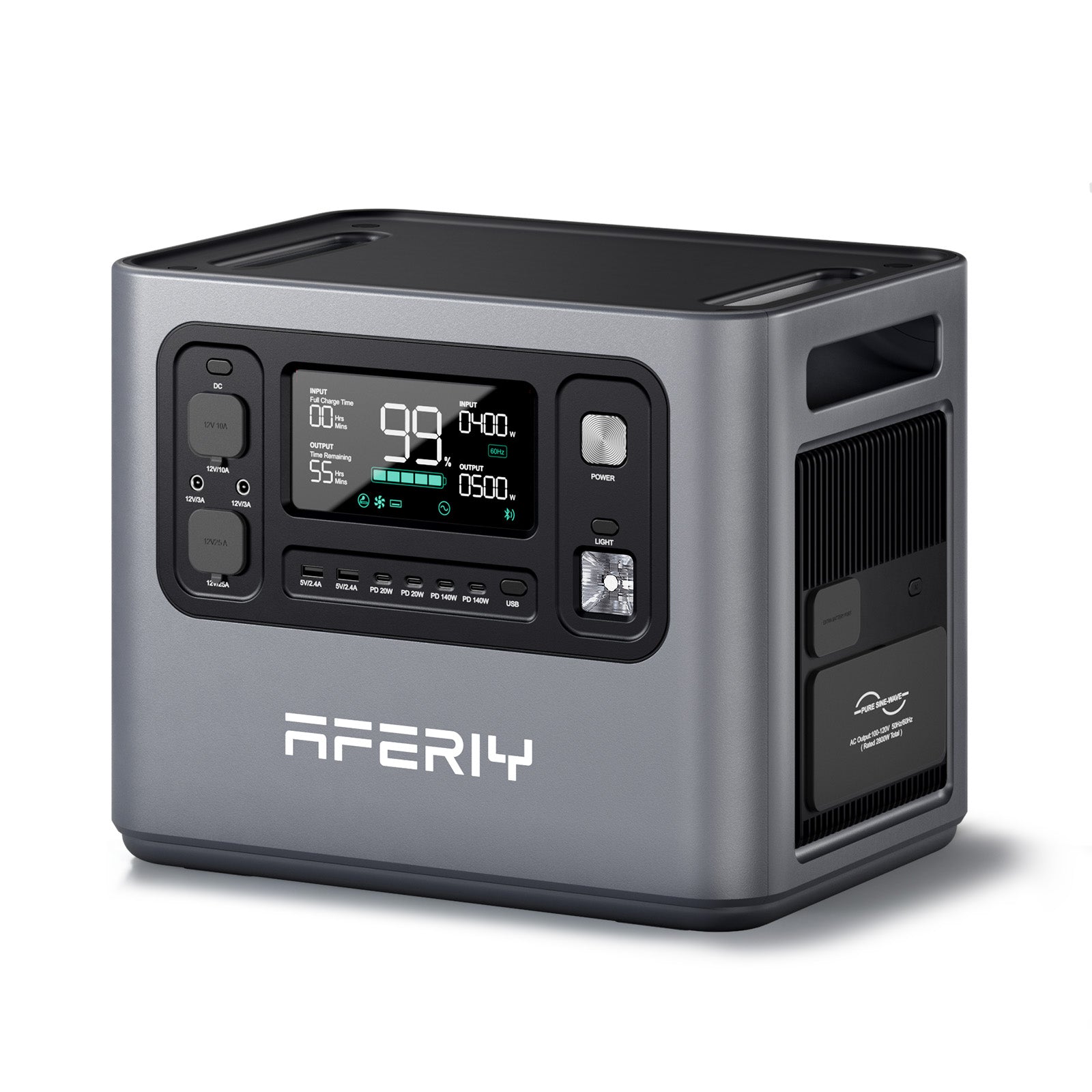
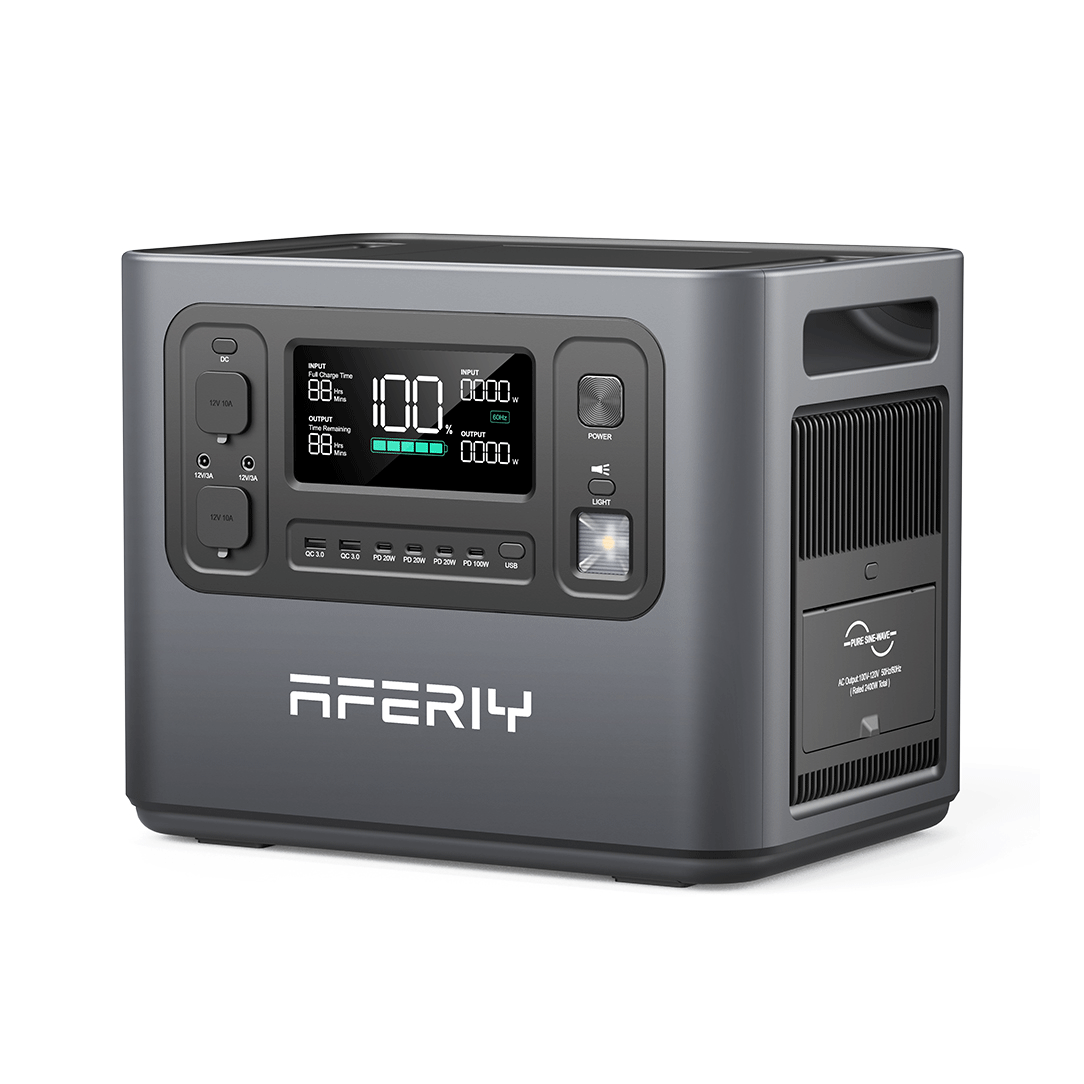
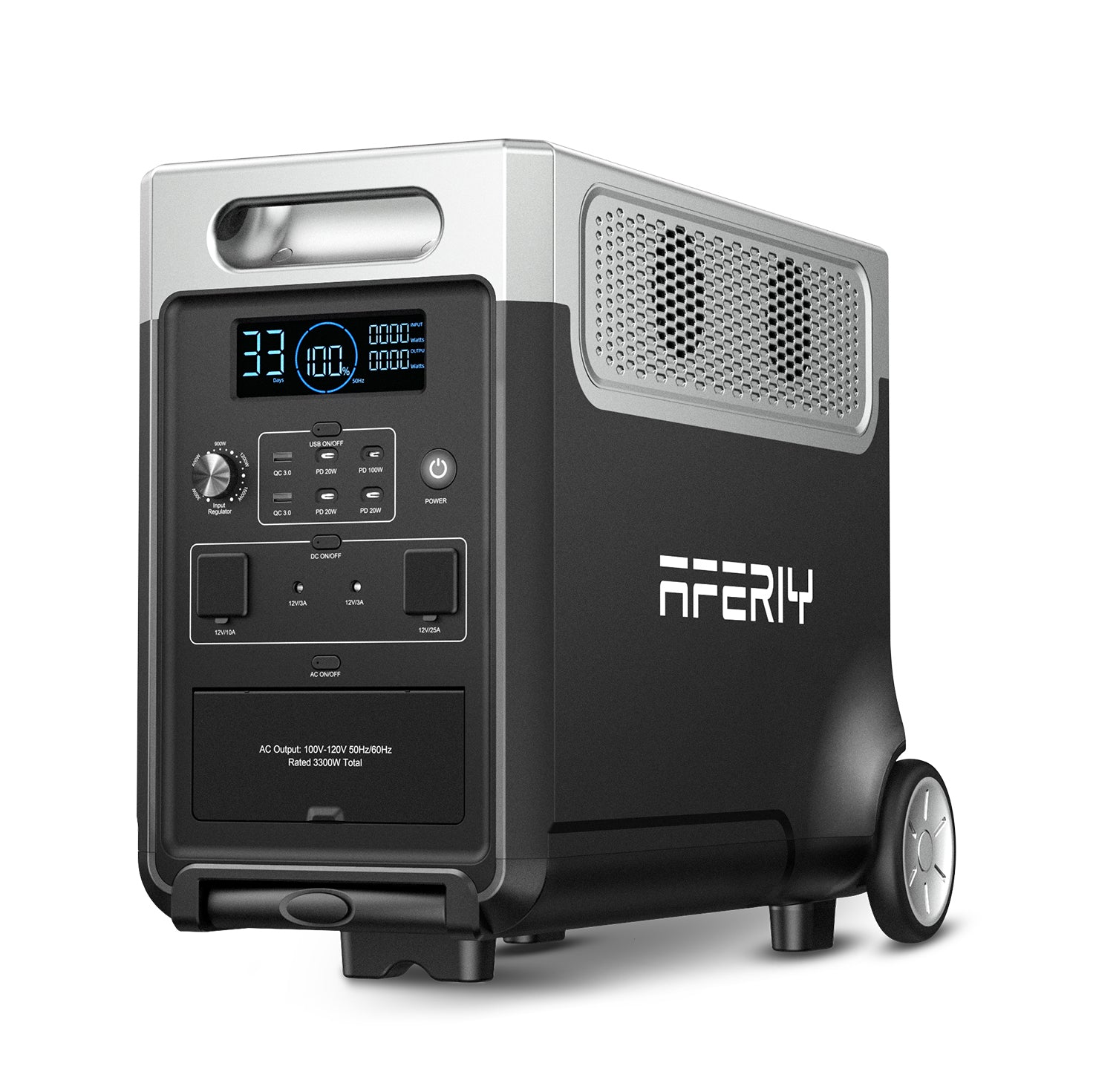
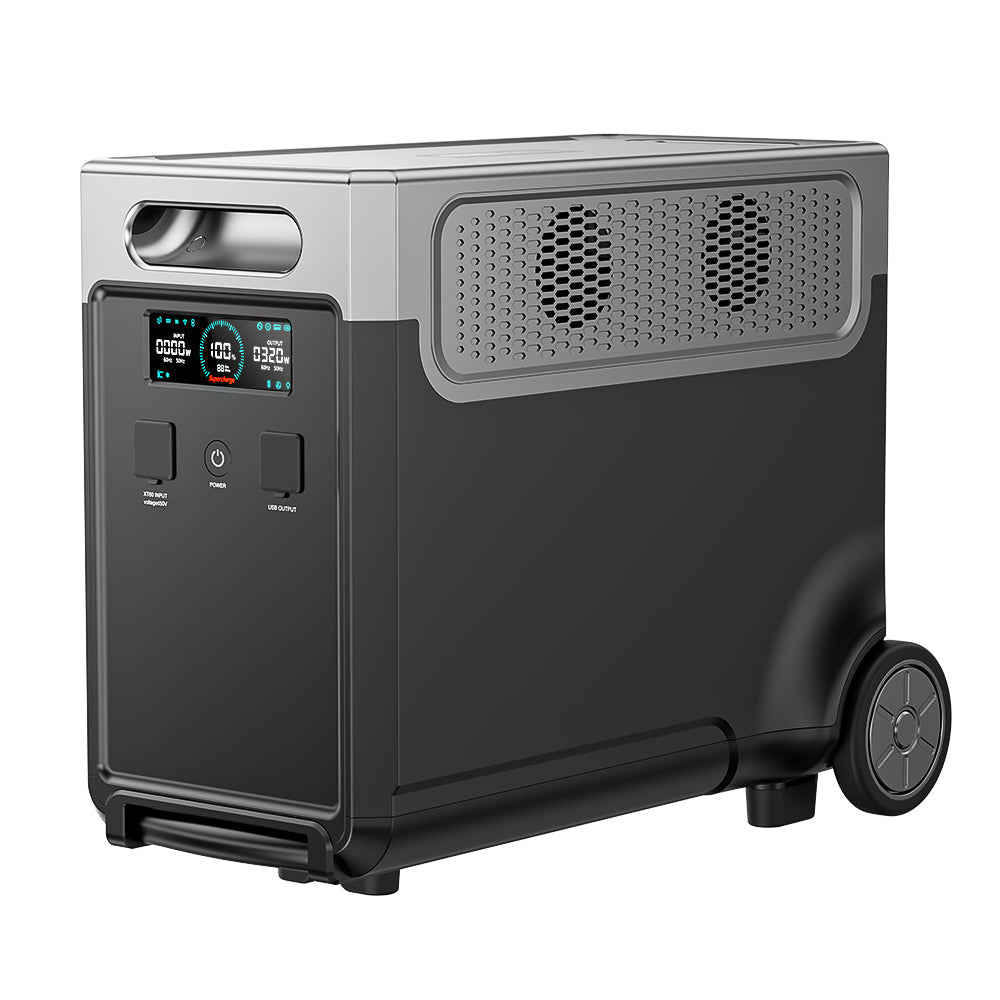
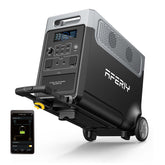
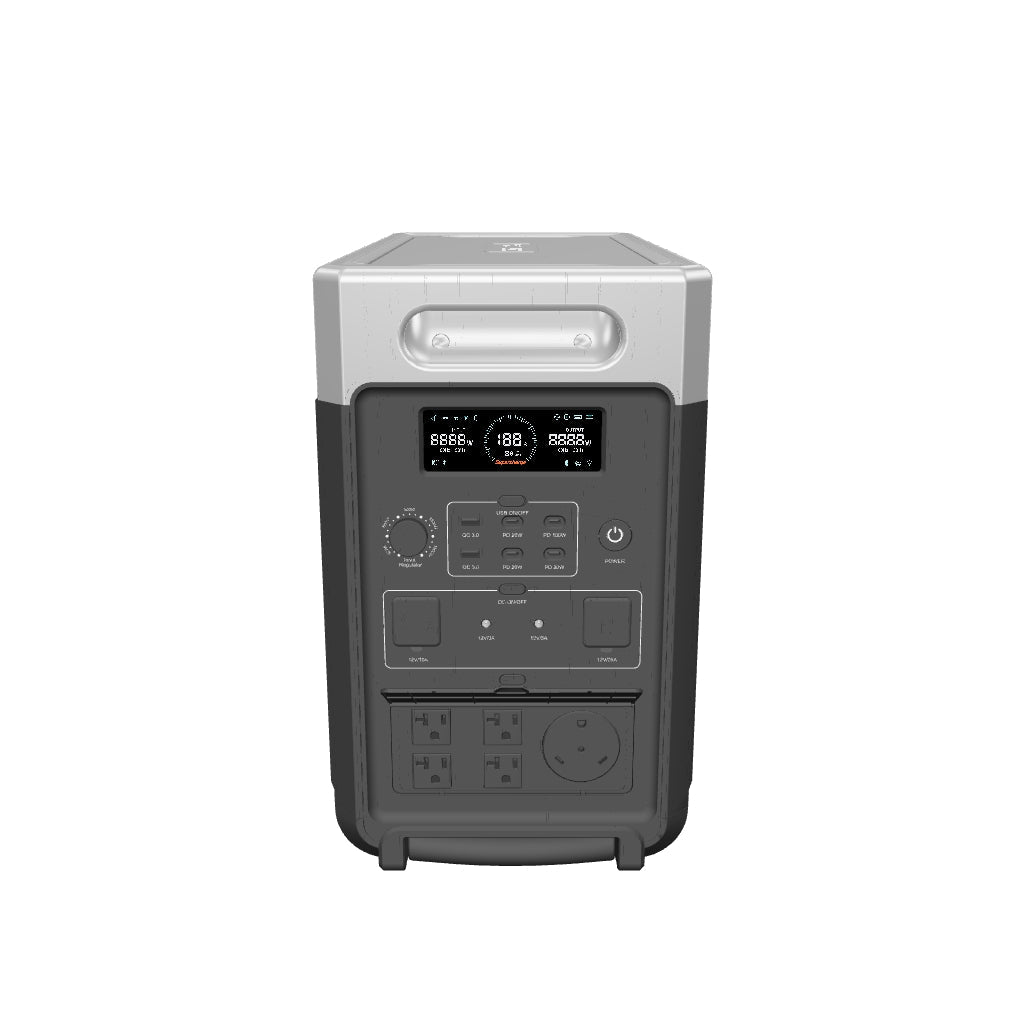
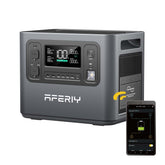
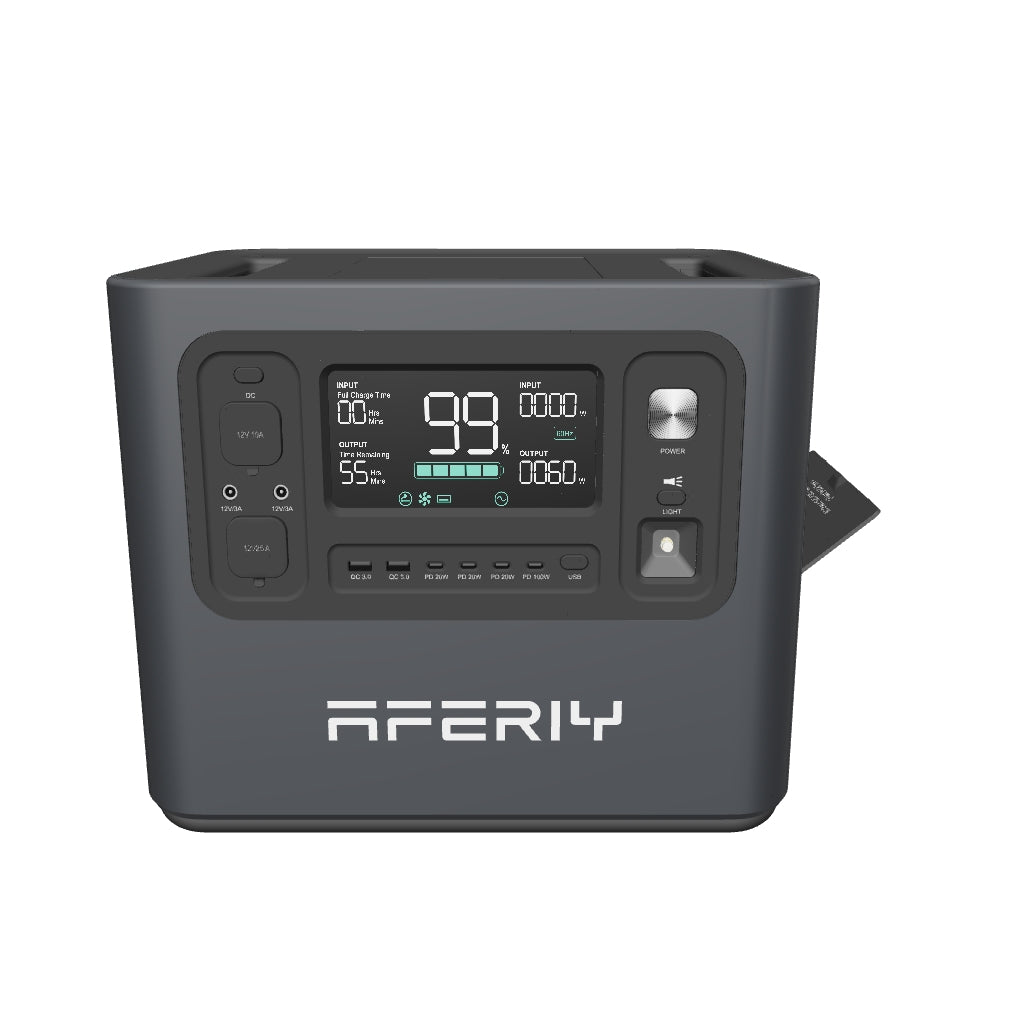
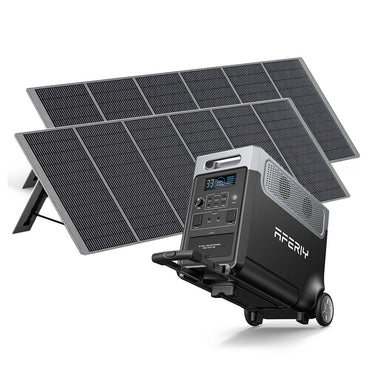
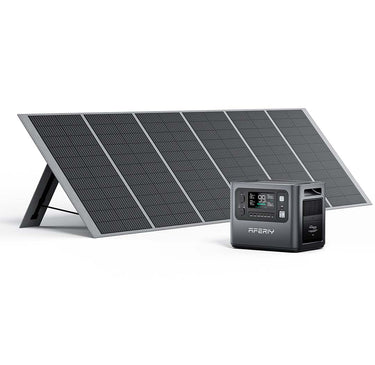
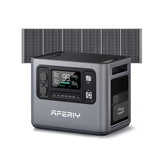

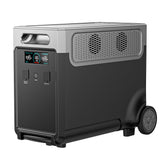

Leave a comment
Please note, comments need to be approved before they are published.